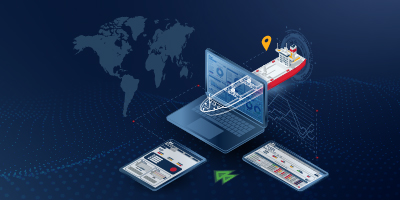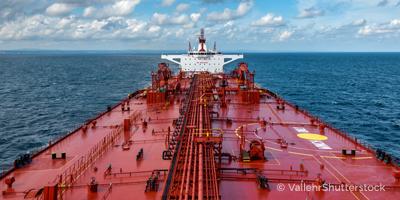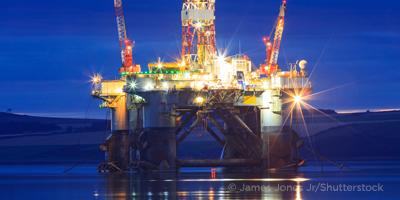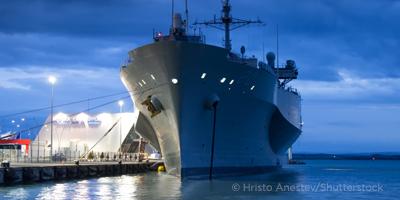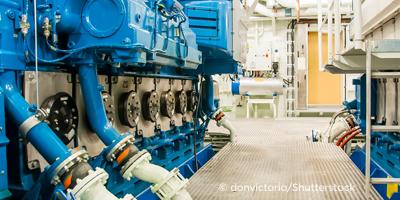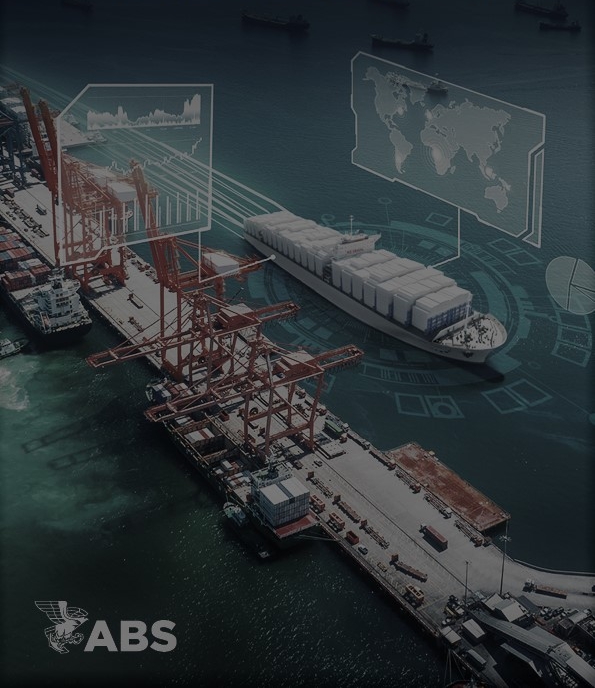Advancing Offshore Support Vessel Innovation
ABS classed the first workboats to operate in the U.S. Gulf Coast during the early days of offshore exploration. Today, ABS provides classification services to roughly one-third of the world’s offshore support vessels (OSVs) fleet. With extensive experience in specialized vessels, ABS supports anchor handling, firefighting, dive support, pipelay, heavy lift, well intervention, well stimulation and oil spill recovery units.
As oil and gas exploration pushes into deeper and more demanding environments, multipurpose OSVs are increasingly used as cost-effective solutions for specialized services in support of offshore platforms, facilities and piping systems. These advanced vessels are now performing inspection, maintenance and repair tasks while featuring enhanced accommodations, heavy lift cranes, helidecks and innovative bow designs optimized for harsh conditions.
At ABS, we recognize that advances in technology are opening new opportunities for the specialized OSV fleet. We are actively preparing for advancements in offshore vessel design, equipment and systems by updating and expanding our guidance, reinforcing our position as a trusted leader for the industry.
Breaking Down Barriers to Operating in Harsh Environments
ABS understands the challenges of operating in harsh offshore environments. From our global headquarters in Houston to our technology centers worldwide, our engineers are dedicated to supporting innovative solutions. Research initiatives focus on jackup operations in ice-covered waters, safe navigation of the Northern Sea Route, adapting the Polar Code for Arctic drillships, a risk-based approach to winterization and nanotechnology advancements for icephobic coatings to prevent ice buildup on Arctic rigs.
We also explore ice management in mooring system design, disconnection and reconnection devices, global ice load predictions, corrosion prevention, environmental regulations and training programs to support safe operations in Arctic conditions. ABS is committed to supporting safety and progress by addressing technology barriers, aligning class services with the evolving needs of the industry.
Hybrid Electric Power Systems
As vessel owners face growing regulatory complexities alongside operational demands, adopting advanced energy solutions has become critical for compliance and efficiency. Hybrid electric power systems are emerging as a key solution, providing innovative pathways to reduce fuel consumption and optimize vessel performance.
Electric propulsion systems, powered by generators that supply both propulsion and hotel loads, offer enhanced efficiency by optimizing prime mover loading, such as diesel engines or gas turbines. Incorporating alternative energy sources like fuel cells, solar panels and wind turbines, along with energy storage solutions such as batteries, supercapacitors and flywheels, further elevates operational capabilities while addressing environmental considerations.
Why Choose ABS?
With over 160 years of maritime heritage, ABS plays a key role in delivering classification, certification and verification services, driving innovation for specialized offshore support vessels. Collaborating with designers, builders and operators, ABS delivers customized solutions to address the unique challenges of offshore operations while advancing emerging technologies to shape the future of the industry.






